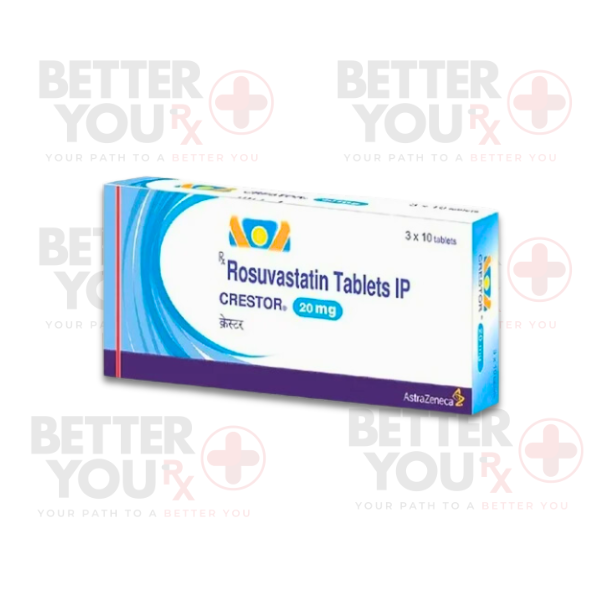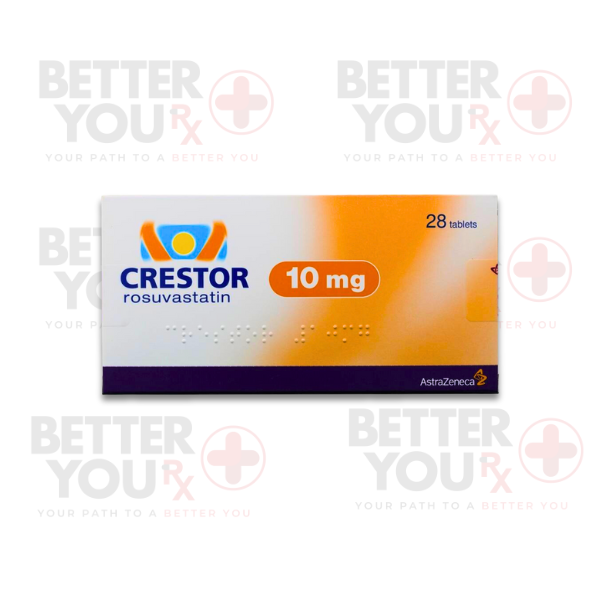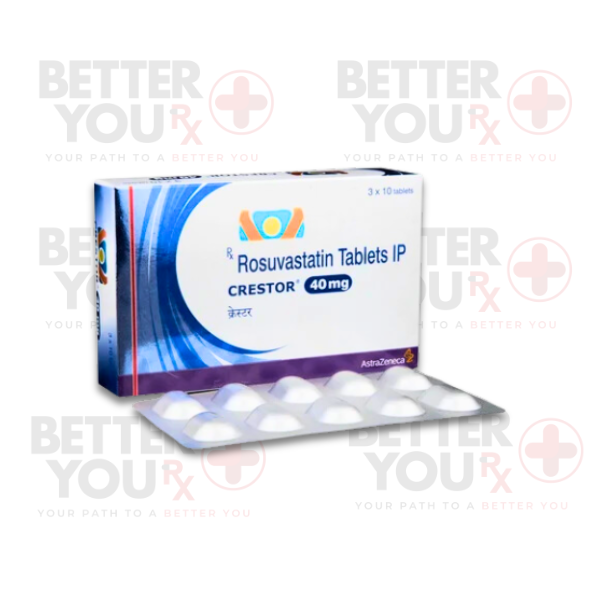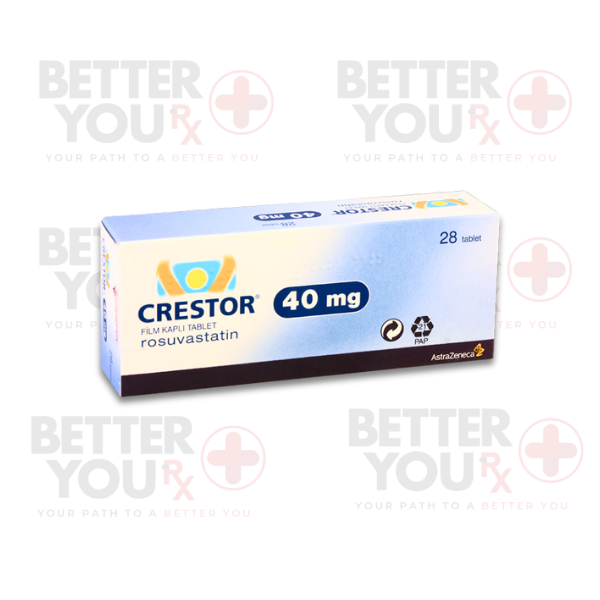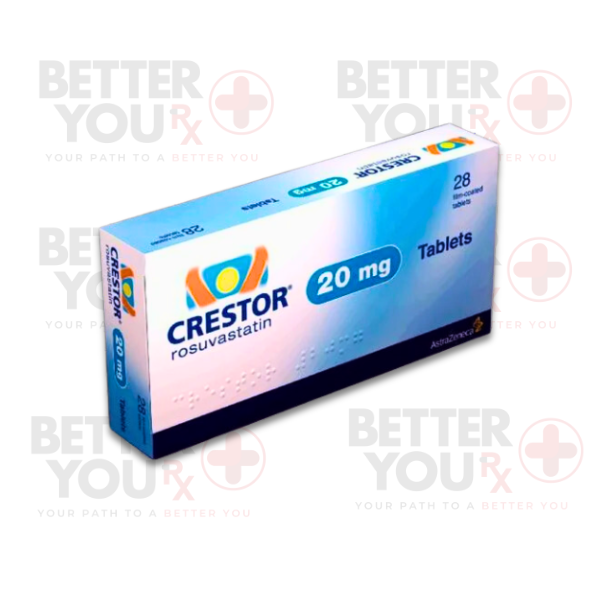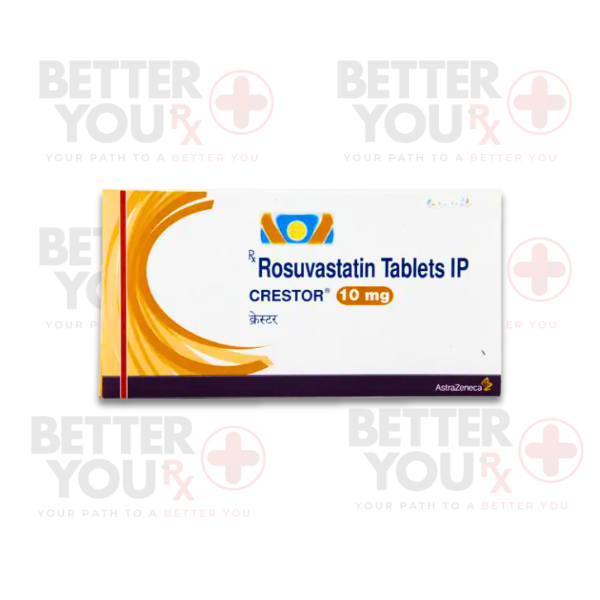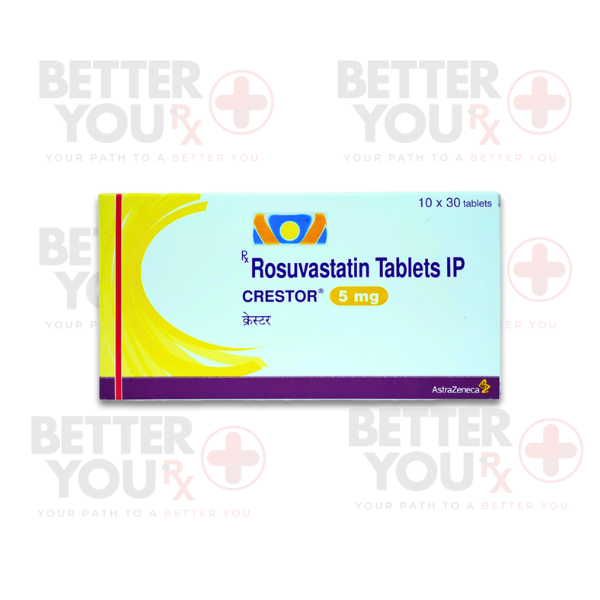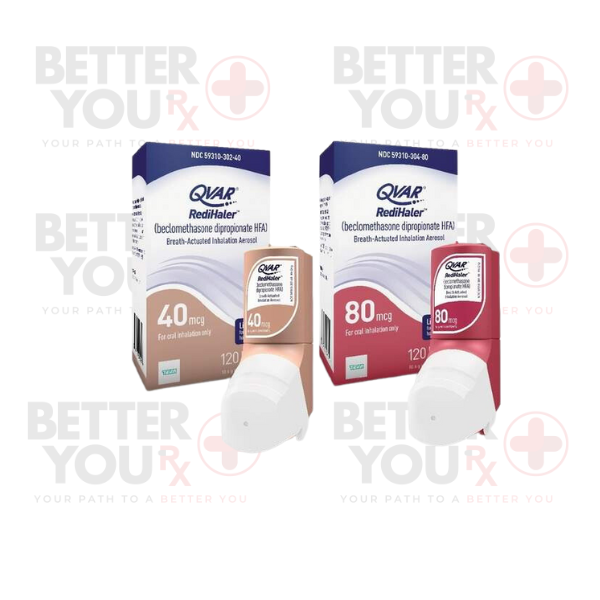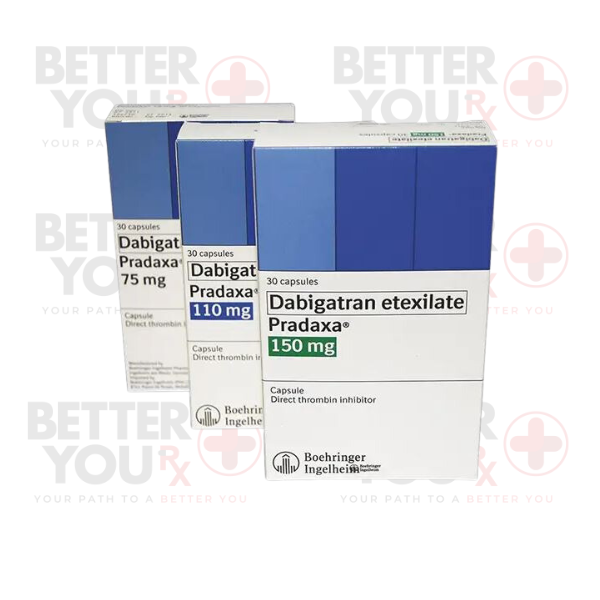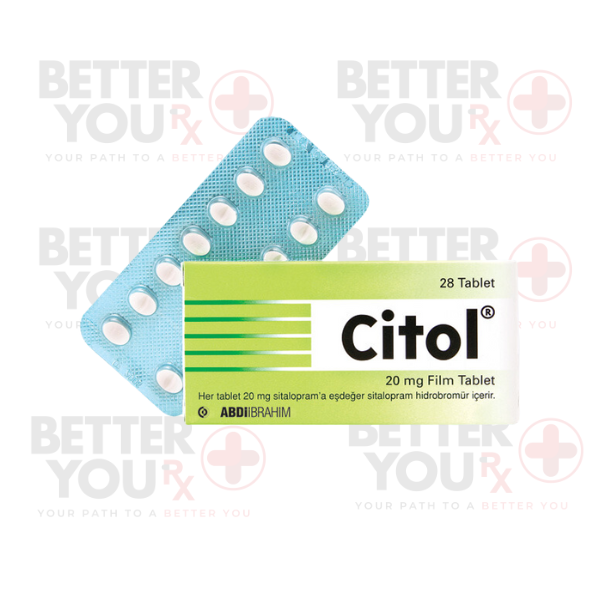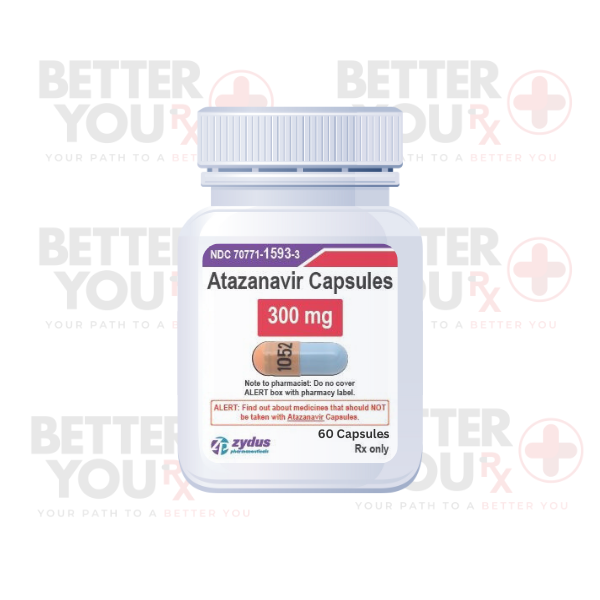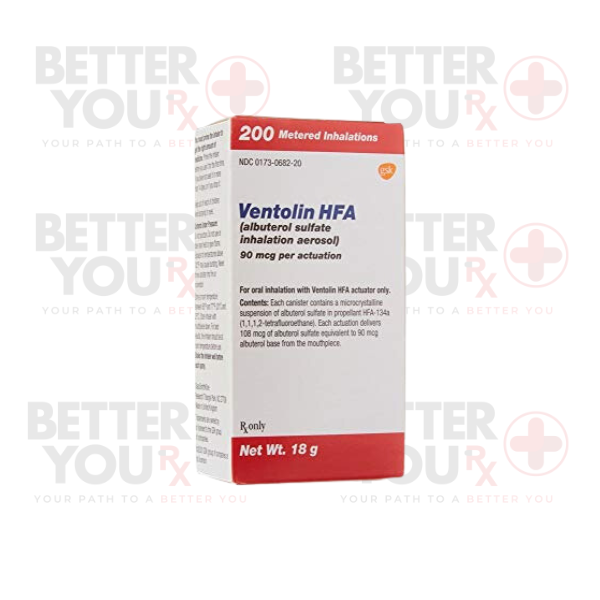| Uses of Crestor |
Crestor is primarily indicated for the treatment of dyslipidemia, a condition characterized by elevated cholesterol and triglyceride levels in the blood. It is effective for individuals with familial hypercholesterolemia and those with high cholesterol due to lifestyle factors. Beyond managing cholesterol, Crestor is also utilized to decrease the risk of atherosclerosis-related complications in patients with established cardiovascular disease or multiple risk factors, such as hypertension or diabetes. Its multifaceted benefits make Crestor a vital part of many treatment regimens aimed at improving heart health and reducing the risk of serious cardiovascular events.
|
| Benefits of Crestor |
The primary benefit of Crestor lies in its ability to significantly lower LDL cholesterol, which is often referred to as "bad" cholesterol due to its association with the development of heart disease. Studies have shown that Crestor not only lowers cholesterol levels but also provides cardiovascular protective effects, reducing the incidence of heart attacks and strokes among at-risk populations. Additionally, many patients report improvements in their overall lipid profiles, which can lead to enhanced well-being and quality of life. By lowering cholesterol levels and improving heart health, Crestor supports long-term health outcomes for individuals with dyslipidemia.
|
| Side Effects of Crestor |
As with any medication, Crestor may cause side effects, although not everyone experiences them. Common side effects include headaches, abdominal pain, nausea, and muscle aches, which are typically mild and resolve with continued use. However, some patients may experience more severe reactions, such as liver enzyme abnormalities or muscle-related issues, including myopathy and rhabdomyolysis, a serious condition that can lead to kidney damage. It is essential for patients to monitor their health closely while on Crestor and report any unusual symptoms to their healthcare provider for timely intervention.
|
| How to Use Crestor |
Crestor is administered orally, typically once daily, with or without food. It is crucial for patients to adhere to the prescribed dosage, as this maximizes the medication’s effectiveness in lowering cholesterol levels. If a dose is missed, patients should take it as soon as they remember, but if it is nearly time for the next dose, they should skip the missed dose and resume their regular schedule. Patients are advised against doubling doses to compensate for a missed one, as this could increase the risk of side effects.
|
| How Crestor Works |
Crestor functions by inhibiting HMG-CoA reductase, an enzyme critical in the cholesterol biosynthesis pathway within the liver. By blocking this enzyme, Crestor effectively reduces the production of cholesterol, which leads to lower levels of LDL cholesterol and triglycerides in the bloodstream. Additionally, as the liver senses lower cholesterol levels, it increases the uptake of LDL from the blood, further reducing its concentration. This mechanism not only helps manage cholesterol levels but also contributes to the stabilization of atherosclerotic plaques, reducing the likelihood of cardiovascular events.
|
| Safety Advice and Precautions |
Before starting Crestor, patients should inform their healthcare provider about their complete medical history, particularly any liver conditions, kidney issues, or muscle disorders. Regular monitoring of liver function tests is recommended, as some individuals may experience liver enzyme elevations while taking the medication. Patients should also be aware of potential interactions with other medications, especially those that may increase the risk of muscle-related side effects. Adhering to a healthy diet and lifestyle while on Crestor can enhance its effectiveness and improve overall health outcomes.
|
| Pregnancy |
Crestor is classified as a pregnancy category X medication, which indicates that it poses potential risks to the developing fetus. Women who are pregnant or planning to conceive should avoid using Crestor and discuss alternative cholesterol-lowering strategies with their healthcare provider. It is crucial to prioritize maternal and fetal health during pregnancy, making open communication with healthcare professionals essential.
|
| Breastfeeding |
The safety of Crestor during breastfeeding has not been well studied, and it is known to pass into breast milk. Nursing mothers should consult their healthcare provider to weigh the risks and benefits of continuing treatment while breastfeeding. In some cases, alternative therapies may be recommended to manage cholesterol levels safely during lactation.
|
| General Precautions |
While on Crestor, patients should remain vigilant about potential interactions with other medications. Certain drugs, especially those affecting liver enzymes, may alter Crestor's effectiveness or increase the risk of side effects. Regular follow-up appointments with healthcare providers are essential for monitoring cholesterol levels and ensuring the safe and effective use of Crestor. Lifestyle modifications, including a heart-healthy diet and regular physical activity, should accompany medication therapy to achieve the best outcomes.
|
| What if You Forget to Take Crestor? |
If you forget to take a dose of Crestor, it is advisable to take it as soon as you remember. However, if it is close to the time of your next scheduled dose, you should skip the missed dose and continue with your regular dosing schedule. Never take a double dose to make up for a missed one, as this can increase the risk of side effects and complications.
|
| Overdosing |
In the event of an overdose, symptoms may include severe muscle pain, weakness, or liver problems. In case of a suspected overdose, seek medical attention immediately. Contact your healthcare provider or local emergency services for guidance, as timely intervention is necessary to prevent potential complications.
|
| How to Store Crestor |
Crestor should be stored at room temperature, away from moisture and direct sunlight. Store the medication properly and out of reach of children and pets to prevent accidental ingestion. Always check the expiration date on the packaging and dispose of any expired or unused medications according to local regulations.
|
| FAQs About Crestor |
What should I do if I experience muscle pain while taking Crestor? If you notice unusual muscle pain or weakness, contact your healthcare provider immediately, as this may indicate a serious side effect.
Can I drink alcohol while taking Crestor? While moderate alcohol consumption may not significantly affect Crestor, excessive drinking can increase the risk of liver damage. It’s best to consult your healthcare provider for personalized advice.
Is Crestor safe for long-term use? For most patients, Crestor is safe for long-term use when monitored by a healthcare provider. Regular check-ups are essential to ensure its ongoing effectiveness and safety.
|
| Variants |
20 mg 30 Tablets, 5 mg 30 Tablets, 10 mg 30 Tablets, 20 mg 28 Tablets, 40 mg 28 Tablets, 40 mg 30 Tablets, 10 mg 28 Tablets
|

